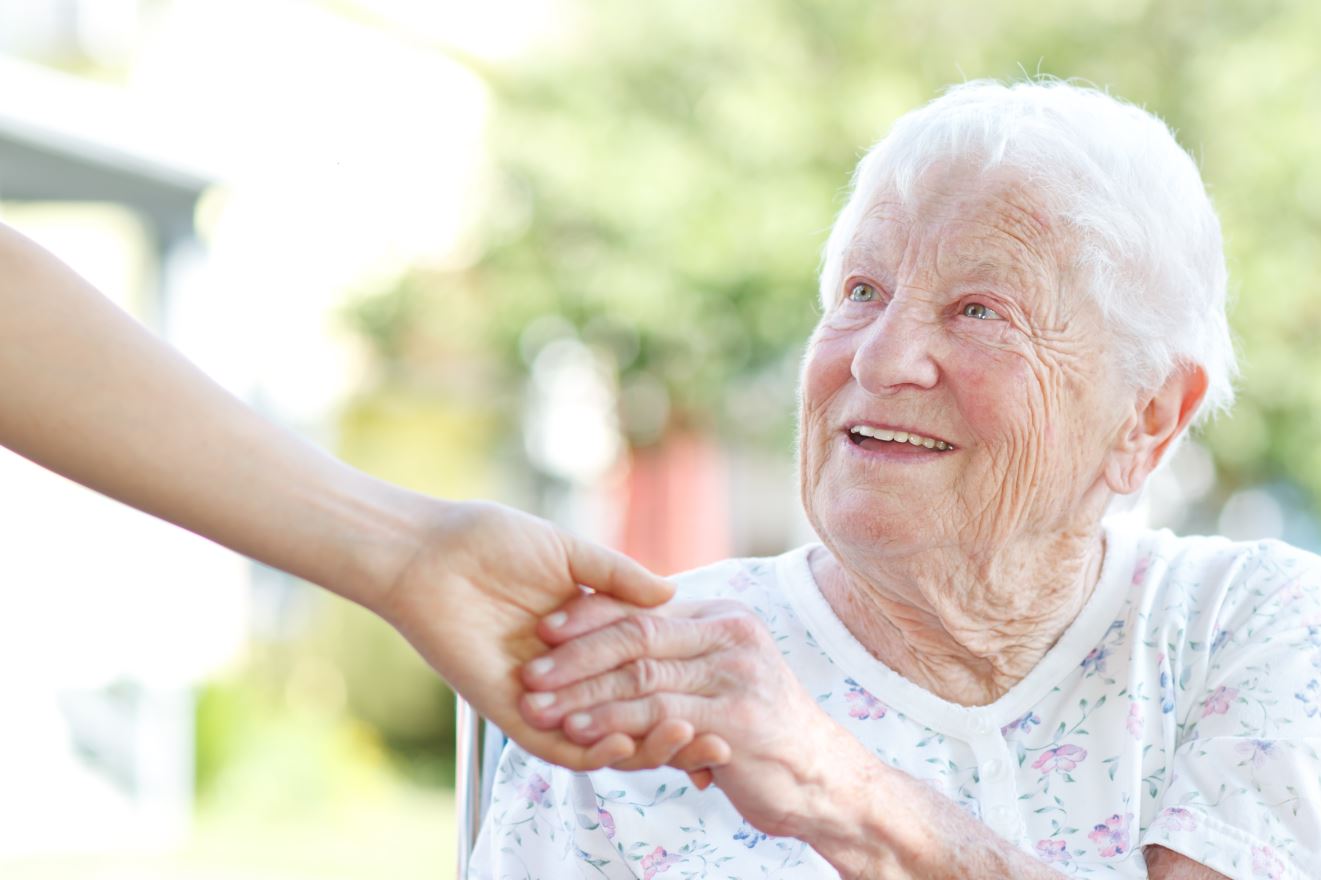By Dr. Petrus Raulino
During the pandemic, delirium has emerged as a known complication of COVID-19. Its clinical importance is due to its high prevalence and mortality.
The occurrence of delirium can be seen as an indicator of worse prognosis and severity.
Delirium (a mental alteration with an organic basis) should not be confused with delirium (commonly associated with psychotic disorders).
But what is Delirium?
Delirium is an acute confusional state, with a sudden onset and fluctuating course, with fluctuations in the level of consciousness, inattention and changes in cognition.
Its basis is organic and it often gets worse in the evening or at night.
It is common in the presentation of various cerebral or extra-cerebral diseases, especially in the elderly.
Recent studies published in JAMA (Journal of the American Medical Association) have described delirium occurrence rates of 25% to 37% in patients hospitalized outside of ICUs (Intensive Care Units) and more than 65% in ICU patients.
Delirium and Covid-19
The development of delirium in patients with COVID-19 was associated with poor prognosis and increased mortality, even after excluding the effects of comorbidity or disease severity.
COVID-19 contributes to delirium through many brain pathways.
The main factors seem to include the cytokine and the immune dysregulation that triggers the neuroinflammation (in the brain and meninges) and hypercoagulability (which contributes to cerebral infarction in 1% to 3% of hospitalized patients).
Other factors that favor Delirium
In addition to the biological factors associated with COVID-19, there are other factors that can favor delirium, such as:
- Drugs with psychoactive effects;
- Mechanical ventilation;
- ICU stay;
- Immobility;
- Malnutrition;
- Social isolation;
- Sleep disorders; and
- Emotional stress.
Due to the mandatory isolation procedures for hospital infection control during the pandemic, the environmental conditions to prevent the spread of the new coronavirus predispose to the risk of developing delirium, especially in the elderly.
Prevention and management
Mandatory hospital isolation procedures are the opposite of known strategies for the prevention and management of delirium.
But such procedures have been necessary for the duration of the efforts to combat the spread of the new coronavirus.
The ability to recognize and control delirium will directly affect clinical outcomes in this population.
Multidisciplinary and non-pharmacological strategies continue to be important allies for the prevention and management of delirium associated with COVID-19, as well as approaches involving family members even remotely.
References
Inouye, S. K. (2021). The Importance of Delirium and Delirium Prevention in Older Adults During Lockdowns. JAMA.







